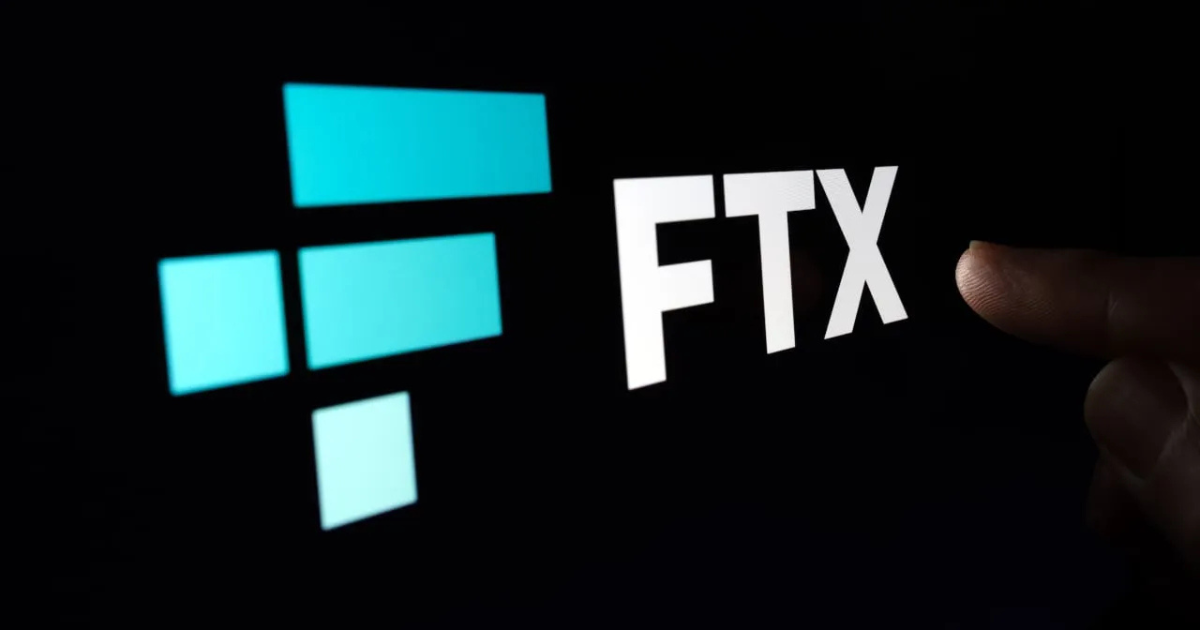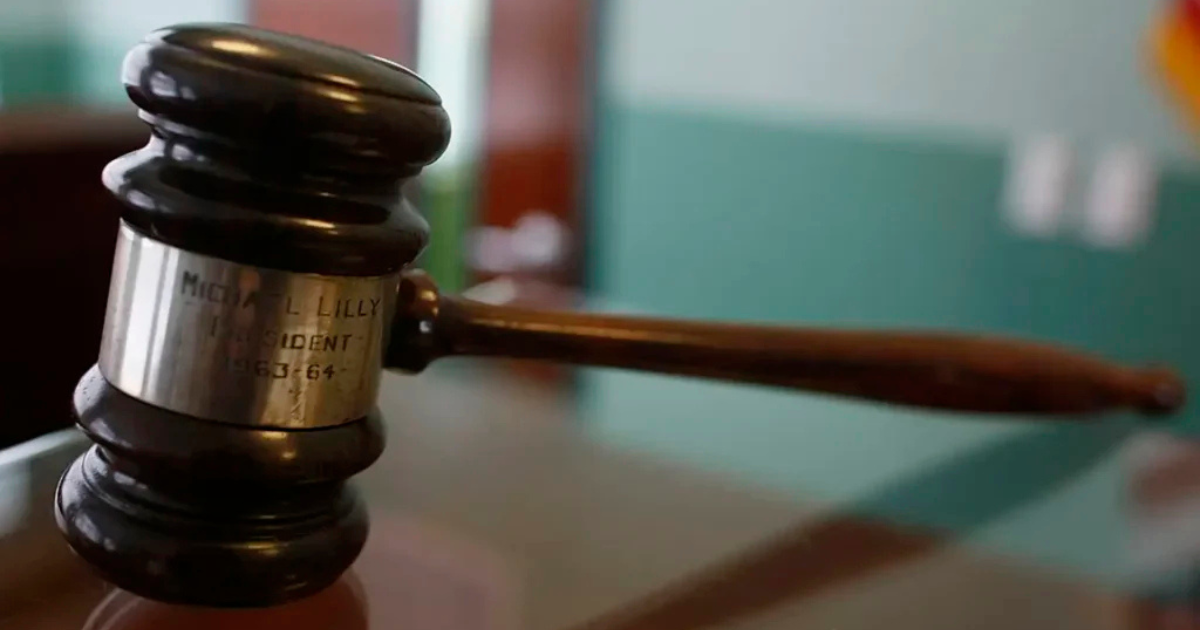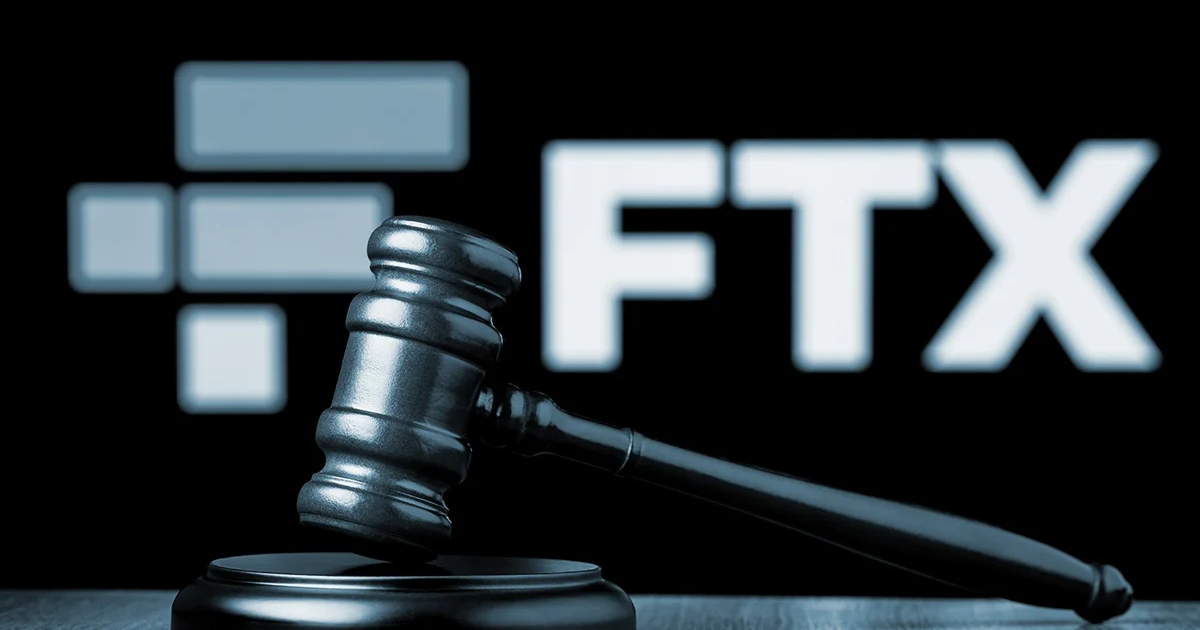In a first of a kind legal action, FTX sues NFT Stars as it enters a new phase of asset recovery on its road to recovery from its collapse. The lawsuit was filed in U.S. Bankruptcy Court in the state of Delaware.
This is now a case of litigation, as opposed to negotiation. And FTX is hustling to recover billions in missing assets to pay creditor repayments.
Key-Takeaways:
- FTX sues NFT Stars to recover unpaid tokens in a move that resembles aggressive litigation after the talks failed.
- The lawsuit is in support of FTX’s quest to return $16 billion to creditors, 119% of approved claims.
The Unpaid Tokens at the Center of Dispute
 FTX sues NFT Stars, alleging that the company breached contracts to deliver tokens after investors signed on for agreements with Alameda Ventures. In the case, the payment was made in November 2021 for $325,000.
FTX sues NFT Stars, alleging that the company breached contracts to deliver tokens after investors signed on for agreements with Alameda Ventures. In the case, the payment was made in November 2021 for $325,000.
NFT Stars was said to deliver 1.35 million SENATE tokens and 135 million SIDUS tokens. Nevertheless, the company apparently stopped passing along the tokens after FTX filed for bankruptcy in November 2022.
NFT Stars is sued by FTX to retrieve over 831,000 SENATE tokens and 83 million SIDUS tokens that have not been paid yet. According to the exchange, this shortfall goes against what was agreed upon up front.
It claims breaches of contract and lawsuit protection from bankruptcy. FTX argues that delivering the tokens (in that manner) violates legal obligations between the parties.
In the statement the FTX Estate made, it said, “We urge token and coin issuers returning of assets that unfairly belong to former FTX to initiate litigation except when we undertake engagement in handling the reclamation of assets.”
However, this firm position explains why FTX sues NFT Stars after what it says was an attempt to solve the matter in court after exhaustive attempts to do so.
Failed Negotiations That Precede the Legal Actions
 When the FTX recovery team attempted to settle the matter by direct communication before it sued NFT Stars, it did so multiple times. According to court filings, in June 2023 to September 2024, NFT Stars were contacted by FTX advisors some 15 or more times who tried to reach out to them with no meaningful engagement or a response.
When the FTX recovery team attempted to settle the matter by direct communication before it sued NFT Stars, it did so multiple times. According to court filings, in June 2023 to September 2024, NFT Stars were contacted by FTX advisors some 15 or more times who tried to reach out to them with no meaningful engagement or a response.
It seems to have been the pivotal non-cooperation pattern that tipped it to formal litigation. However, when FTX sues NFT Stars, it puts a notice to other token issuers.
The lawsuit indicates that the FTX recovery team has moved away from being a negotiation-first house. Now, they are going a little more aggressive at it.
Mynth NFT team’s Rare Rigel said the development represents “the complexities in the NFT space and the importance of contractual clarity.” This is a statement that pushes behind why FTX sues NFT Stars to create legal precedent in a relatively unheard of area of contract law in the cryptocurrency ecosystem.
Parallel Action Against Delysium Reinforces Strategy
 Shortly after, the FTX sues NFT Stars on the same day and also filed a similar suit against Kurosemi Inc., doing business as Delysium. FTA’s parallel legal move shows that it is standing for the punishment of the issuers of tokens.
Shortly after, the FTX sues NFT Stars on the same day and also filed a similar suit against Kurosemi Inc., doing business as Delysium. FTA’s parallel legal move shows that it is standing for the punishment of the issuers of tokens.
(2/3) FTX filed two complaints against token issuers NFT Stars Ltd. and KUROSEMI INC. (d/b/a Delysium) for failing to provide FTX with contractually-entitled tokens. The litigation follows numerous unanswered attempts to engage with and seek a resolution without litigation.
— FTX (@FTX_Official) April 29, 2025
In Delysium’s case, the conflict concerns 75 million AGI tokens. Alameda Ventures would then invest $1 million in January of 2022, and was allegedly owed that amount.
And these are clearly coordinated lawsuits on a recovery approach from FTX. The debate is shifting from negotiating the agreement to using aggressive legal action.
The precedent that FTX is setting is by suing NFT Stars and Delysium. The warning then says that if token issuers don’t meet their obligations, further litigation may ensue.
FTX’s broader creditor repayment efforts made these lawsuits occur at the same time. FTX also looks to get sobered up for the second phase of creditor repayments as the exchange sues NFT Stars.
Later in 2024, a reorganization plan is approved, and this phase follows it. The record date is set as April 11, and it is scheduled to start on May 30, 2025.
The second stage will pass on funds to Class 5 Customer Entitlement Claims, Class 6 General Unsecured Claims and further Convenience Claims. Since the initial distribution, they have been approved as these claims.
When FTX sues NFT Stars, it is also part of a broader routine strategy to recover assets for creditors as much as possible. This second wave of repayments will distribute roughly $16 billion of its total, and 98 percent of creditors are expected to receive up to 119 percent of the allowed claim value, the exchange said.
Starting February 18, 2025, the first round of distributions went to Convenience Class claimants of less than $50,000. This initial phase successfully reached the majority affected users and repaid them all with 9% interest.
As FTX sues NFT also plans to use this process as well as other legal actions to recover more assets. Additionally, these efforts are expected to serve as further support and further enhance the ongoing creditor repayment initiatives.
The lawsuits are part of the challenges that FTX is still facing as it tries to work through its bankruptcy process. Even after all this, the company is still experiencing problems as Three Arrows Capital demands an increase from $120 million to $1.5 billion after newly found information of its big FTX deals.
FTX sues NFT Stars with specific requests, including the immediate return of the owed tokens, damages for breach of the contract, and sanctions for the alleged violations of the bankruptcy protection.
Even these demands highlight that the exchange does not want only to recover the assets but also to be answered for actions taken subsequent to the bankruptcy filing.
Conclusion
In an increasingly escalating campaign to recover assets for its bankruptcy estate, FTX sues NFT Stars. Until this point, the claims against NFT Stars and Delysium have presented themselves as negotiations, not as a full legal offensive to reclaim tokens and assets to be used to repay creditors.










